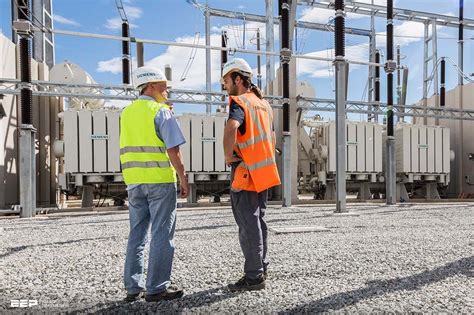The role of decentralized financing (defi) in the growth of Chainlink (link)
The cryptocurrency world has shown enormous growth and innovation in recent years. One of the areas that saw significant progress is the area of decentralized finances or defi. In this article, we examine that Defi platforms, such as Chainlink (Link) have contributed to an increase in this space.
** What is decentralized finance?
Decentralized financing refers to a financial system based on blockchain technology and decentralized networks. This means that financial transactions are recorded on a public ledger called a blockchain that allows transparency, security and decentralization. Defi platforms use intelligent contracts for automatic automatic use of lending, borrowing and trading tools.
Chainlink (link)
Chainlink is a popular defi protocol that allows you to create decentralized financial applications. Launched in 2017, Chainlink, launched by an early developer group, became one of the largest defi protocols with more than $ 15 billion in market capitalization. The platform MainNet was launched in July 2021 and token (link) is the native cryptocurrency used to interact with the chain.
Role of decentralized financing in the link link (link)
Defi played a significant role in Chainlink’s growth by providing an alternative to traditional centralized financial systems. Here are some methods with which the Defi influenced Chainlink:
- Liquuity provision : Defi platforms, such as Chainlink, have enabled decentralized lending and borrowing mechanisms that provide liquidity for the Chainlink network. This reduces rely on central banks and other intermediaries, increasing the speed and efficiency of transactions.
- By providing a decentralized platform for trading tools, Defi increased its acceptance and the use of the Chainlink network.
- Intelligent Contract Development : Creating Intelligent Contracts by Defi Protocols has allowed developers to build individual applications on top of the Chainlink protocol. This has accelerated innovation in space and new cases of use are constantly appearing.
- Financing the supply chain (SCF) : Chainlink SCF capabilities allow users to monitor and control the supply chain data, reducing the risk of commercial financing solutions.
- Interoperability between chains : Defi protocol development allowed smooth communication between different blockchain networks, facilitating the transfer of devices on chains.
Advantages of decentralized financing (defi)
DEFI’s benefits are many:
- Increased Safety : Defi platforms use cryptography and intelligent contracts to ensure secure transactions.
- lower costs : Defi eliminates the need for intermediaries, reduces transaction fees and increases efficiency.
- Higher transparency

: The public nature of defi platforms allows for greater transparency of financial transactions.
- Improved Innovation : Defi made new use and applications that would have been difficult or impossible to implement with traditional centralized systems.
Conclusion
Decentralized financing (DEFI) played a significant role in Chainlink’s growth by providing an alternative to traditional centralized financial systems. The platform’s intelligent contract-based architecture, decentralized stock exchanges and the financing capabilities of the supply chain have created new opportunities for innovation and acceptance. As the Defi develops further, we can wait for developments on the Chainlink network.
Sources:
- Chainlink (2022). Chainlink white paper
- Defi Pulse (2022). Decentralized financial market report
- Coindesk (2021). Defi is located in the midst of cryptocurrency madness
- Decrypt (2021).
